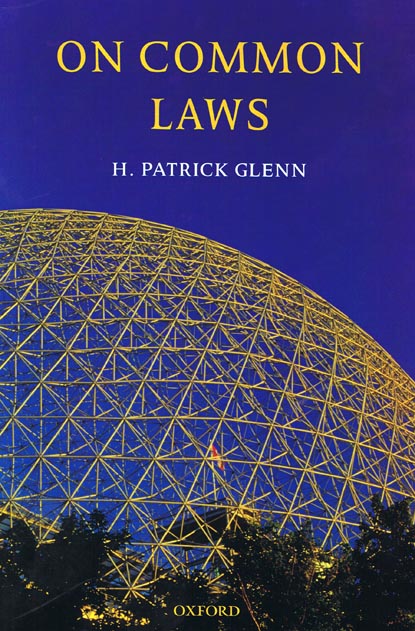
The concept of common law has been one of the most important conceptual instruments of the western legal tradition, but it has been neglected by legal theory and legal history for the last two centuries. There were many common laws in Europe, including what is known in English as the common law, yet they have never previously been studied as a general phenomenon. Until the nineteenth century, the common laws of Europe lived in constant interaction with the particular laws which prevailed in their territories, and with one another.
Common law was the main instrument of conciliation of laws which were drawn from different sources, though applicable on a given territory. Claims of universality could be, and were, reconciled with claims of particularity. Nineteenth and twentieth century legal theory taught that law was the exclusive product of the state, yet common laws continued to function on a world-wide basis throughout the entire period of legal nationalism. As national legal exclusivity is increasingly challenged by the process of globalization, the concept of common law can be looked to once again as a means of conceptualisation and justification of law beyond the state, while still supporting state and other local forms of normativity.